Historically, video game movie adaptations have by and large had a very bad stigma attached to them. Whether it was ill-timed release dates, overtly cringy dialogue, or just cheesy dialogue effects, the realm of movies that were “so bad it’s good” was notorious for this specific subgenre of action movies.
Of course, a lot of this was due to being a product of technology and what was available at the time (I’m looking at you Super Mario Bros.). The stigma has led to many fans letting out deep sighs whenever the mere premise of a game adaptation was brought up.
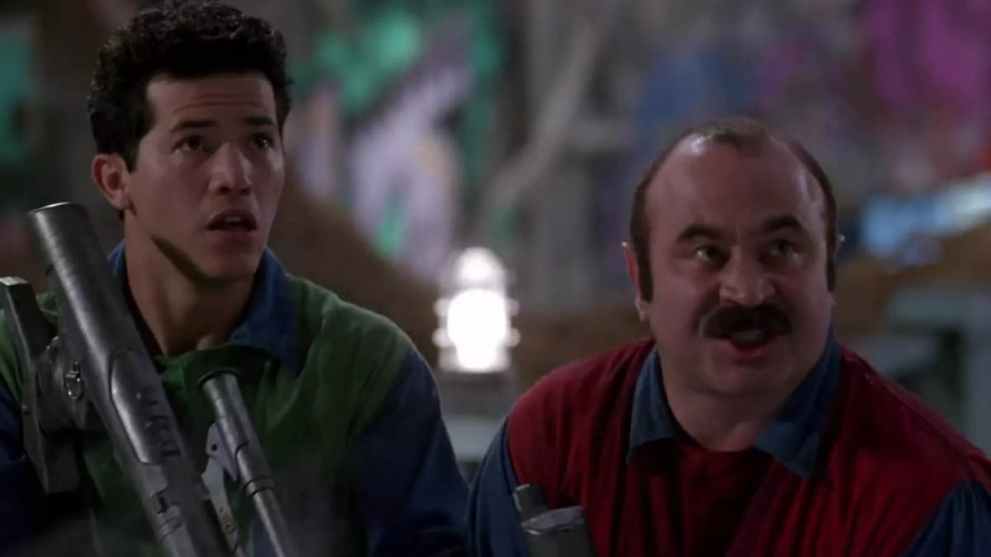
Then, of course, there was the Witcher series which debuted on Netflix in 2019 as an adaptation of the beloved fantasy series from author Andrzej Sapkowski. In many ways, it was seen as a success given its visuals and spectacular action scenes, alongside a well-rounded cast with Henry Cavill at the center in the role of Geralt the White Wolf. Couple this with some of the stories from the book that were adapted beautifully, like Renfri’s sad tale from “The Lesser Evil,” and really felt like a step in the right direction. Heck, even Episode 1 of Season 2 was great, as it adapts yet another tragic tale from A Grain of Truth. The rest of the season took the strides made with the first season and essentially eviscerated it, as they deviated from the source material considerably, turning Yennifer into a power-obsessed nag and Eskel into a completely different character altogether.
But, HBO’s The Last of Us? Aside from the first two episodes being shot-for-shot live-action versions of Part I, the HBO show managed to make the games feel even more grounded while also fleshing out lesser plot points that only added context, not subtracted. The irony here is that this approach is exactly where movie adaptations often try to reinvent what happens in the game out of fear of boring the audience and usually end up failing in the process.
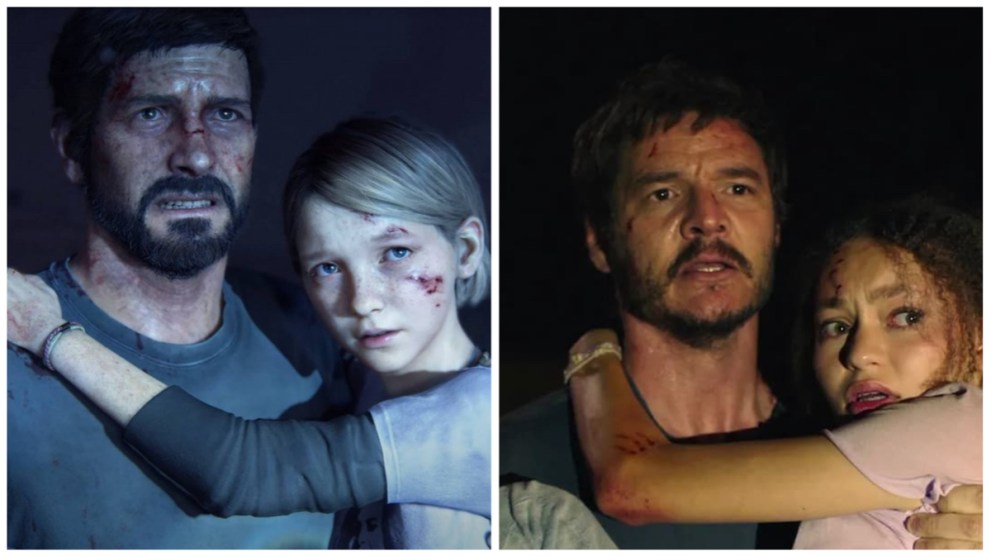
Take for instance the most recent episode of TLOU that aired, “Long Long Time”. At the beginning of the episode, we learn that Ellie and Joel are continuing their journey to Wyoming to find Joel’s brother while first stopping at Bill’s town to get a car. The only issue is that Joel is still reeling after Tess’ very grotesque death at the end of the episode before.
Instead of just continuing to Bill’s town, however, the show takes its first major detour by giving us Bill’s backstory. It introduces us to him as well as his life partner Frank who commits suicide in the game. It keeps most of the story notes for the most part, but it’s a kind of exposition we have never seen as it’s only hinted at in the games. It’s endearing to see such a loving relationship play out onscreen and only helps to add depth to this post-apocalyptic world.
More than that though, people with absolutely no prior knowledge of the TLOU games can start with the show and get immersed in the apocalyptic world of the first game. Given that it follows most of the same story as the game, it can utilize the same things that made Part I work in the first place.
It’s not just about zombies either, it’s about humans and connections and how far we’ll go for family and loved ones. Finally, fans of the game can sit back and get to know these characters in a way they never did before.
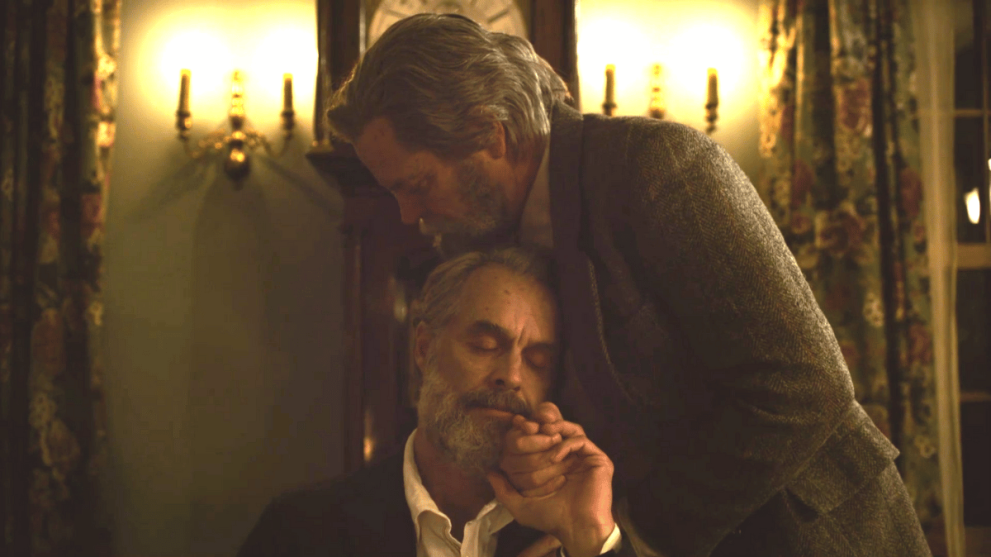
Alternatively, regarding The Witcher, among the primary complaints were how much it deviated from the source material, issues regarding exposition, as well as a thorough explanation of how that world works. Changes in character motivations that would then become contradictions of almost everything fans knew about the characters were huge red flags too.
An example of this can be seen in how much the show glosses over why Ciri is so important (or for that matter why “the Law of Surprise” is so damn crucial to the world of The Witcher). By the end of the first season, the audience is supposed to understand why Ciri means so much to Geralt, even though he barely has any scenes with her.
So instead, a good chunk of season two is spent trying to rationalize why we should care about Ciri, and it is a mess. Furthermore, in season two, it almost seems like The Witcher cannot decide if Geralt’s romance with Yennefer is more important or his surrogate father relationship with Ciri.
I’ll give you a hint – the answer is somewhat rhetorical as not even devoted fans of the show can answer that. This is just the tip of the iceberg though, as season two is when the show REALLY goes off the rails.
So what could The Witcher have done to avoid this fate? First of all, an argument could be made that Netflix was very confused about the story they wanted to tell, so a roadmap would have been nice.
By the time the second season rolls around, the character dynamics and ergo relationships are all over the place and it’s very hard to tell where the story is going. Even without the Ciri issue, if showrunner Lauren Schmidt Hissrich had focused on what worked and continued the journey of Jaskier, Geralt, and Yennefer from that first season, then that itself would have been an improvement.
Regardless, fans who know the series are well aware that The Witcher has some rather complex lore. In that realm, Netflix should have decided what particular plot points they would initially focus on and go from there. For reference, most of the season we are kept in the enchanting locale of Kaer Morhen, which is the ancestral home of the Witchers.
There are silly notes of other stories involving Elvish pregnancy which is nice and all but takes away from the story at hand. Then out of nowhere, we are supposed to care about Ciri’s father is not only alive but is also the evil Emperor. Given that we don’t see a lot of her father in the entirety of the show, it means close to nothing.
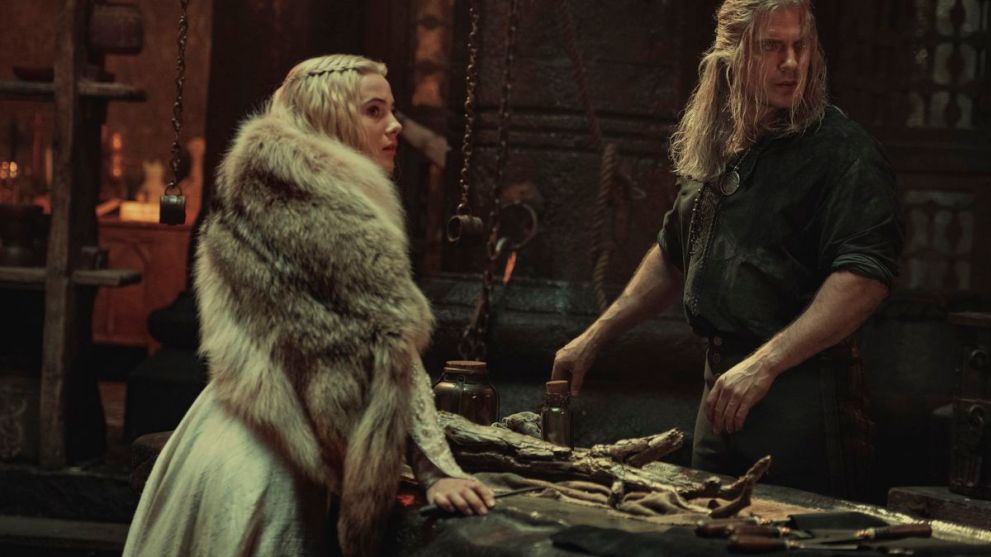
It should be said also that the Witcher series should have built on the stuff people did like about the first season: the monsters and the quest to slay them. There was something absolutely breathtaking about watching Geralt go on quests to dispatch evildoers (many of which utilized very well-done CGI), especially where it utilized the same sword-fighting techniques and “sign” magic taken straight from The Witcher 3: Wild Hunt. In hindsight, it was a lot of fun.
But, who is to say if The Witcher’s upcoming third season will do a bit of course correction? With any luck, the showrunners will have done their due diligence and recognized that their half-cooked second season didn’t accomplish nearly enough. I highly suspect moving forward that production companies will look to the masterful job that Neil Druckman and HBO did with The Last of Us and use it as a guide.
But, given that the Witcher’s third season was finished before it even aired, that is unlikely. Let’s just collectively hope that they give Cavill a good sendoff before he passes the role of Geralt off to Liam Hemsworth. Time will tell when The Witcher returns to Netflix with its third season at some point in 2023.

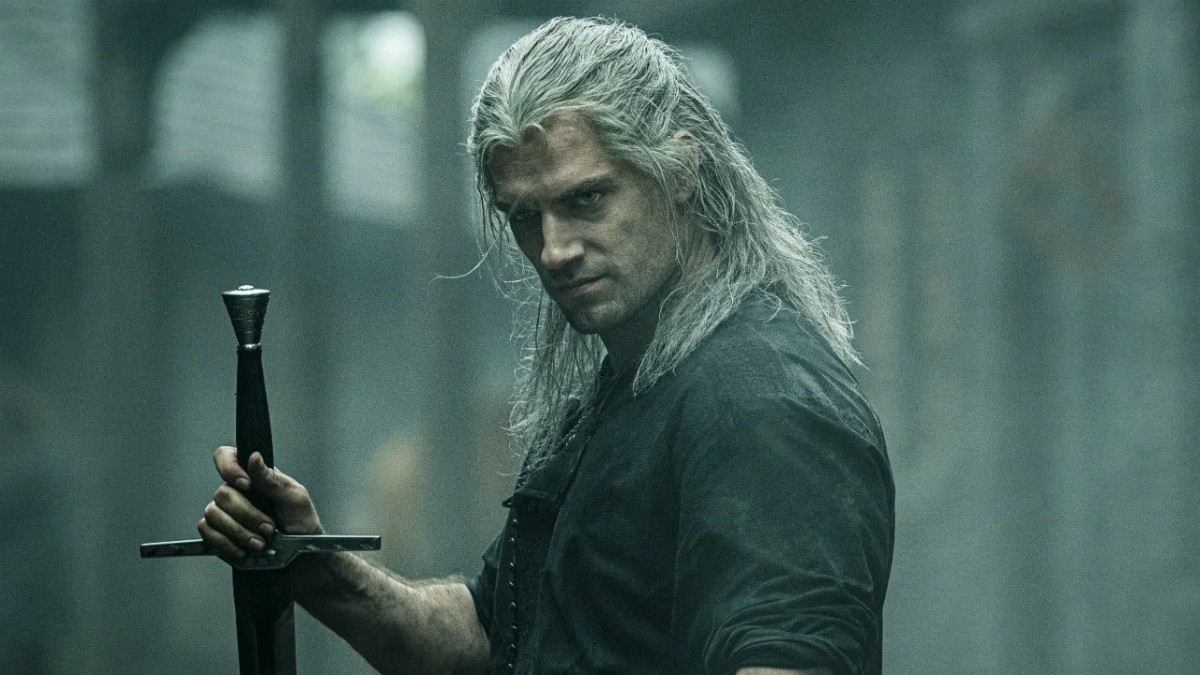

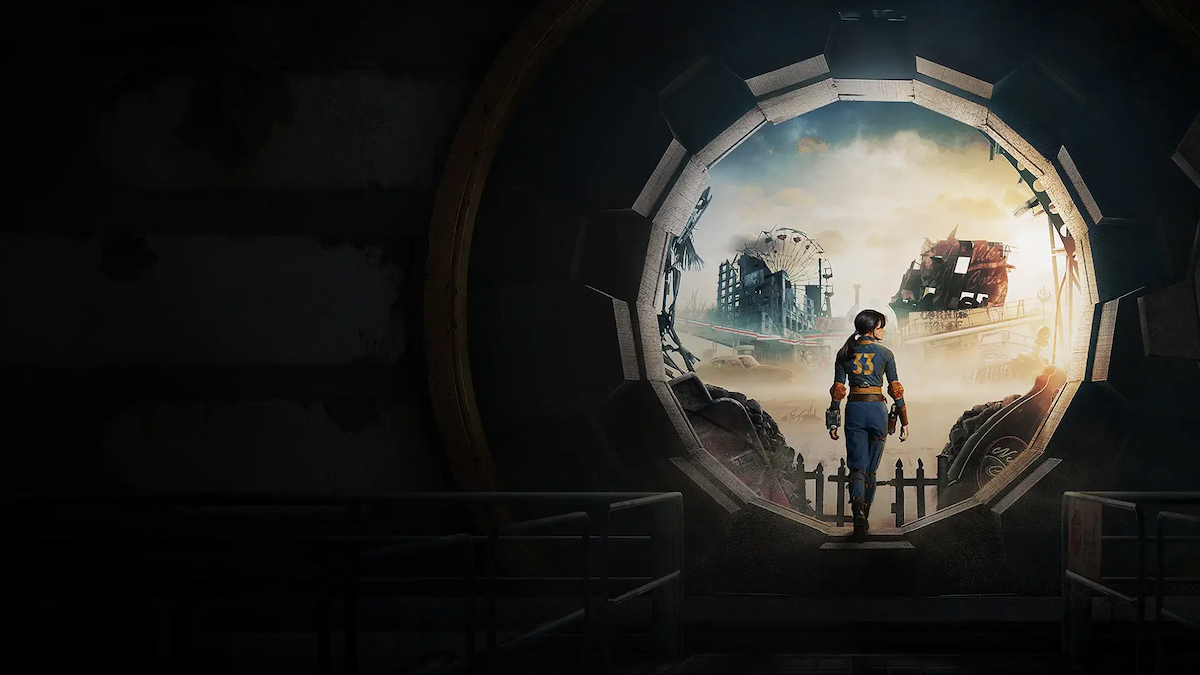
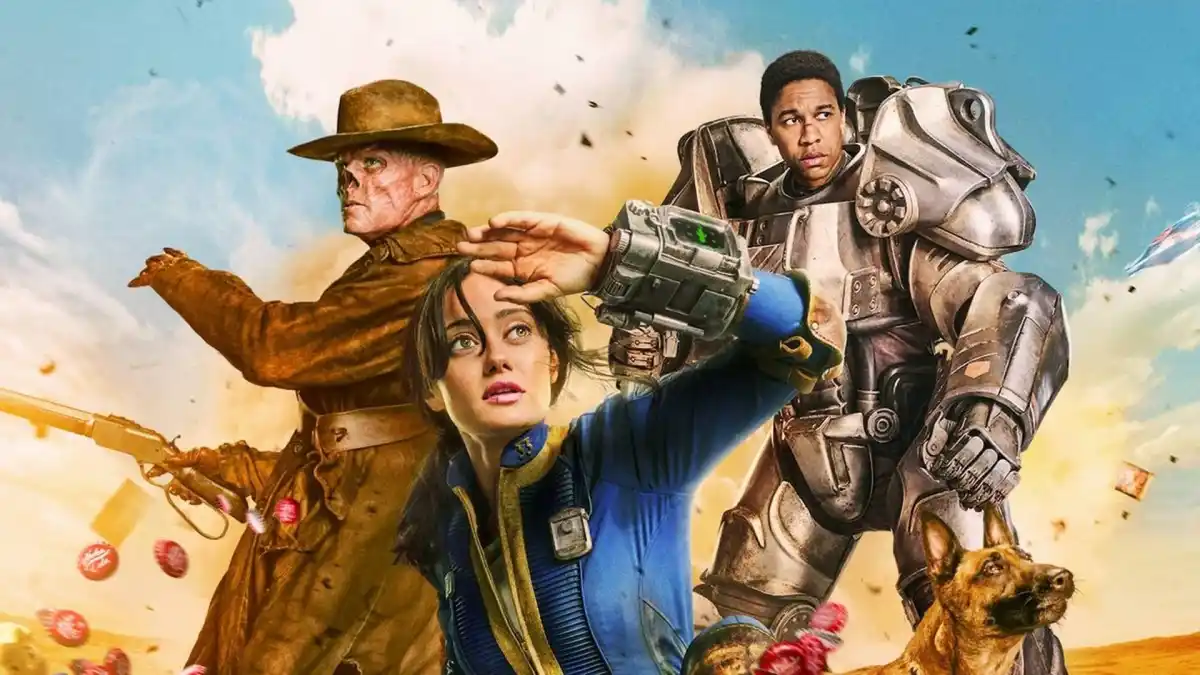
Published: Feb 2, 2023 04:00 pm